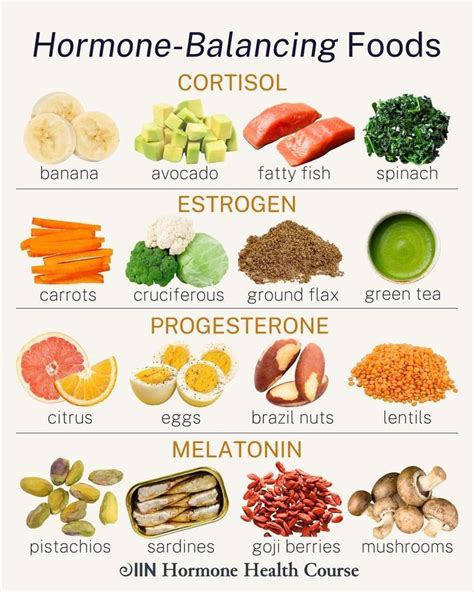Understanding Testosterone and Its Importance
Testosterone, the primary male sex hormone, plays a crucial role in men’s overall health, influencing everything from muscle mass and bone density to mood, energy levels, and libido. As men age, testosterone levels naturally begin to decline, but various lifestyle factors can also contribute to suboptimal levels. Fortunately, many natural strategies exist to help boost testosterone through mindful dietary choices and healthy lifestyle habits, offering a safer and more sustainable approach than synthetic alternatives.

Dietary Strategies to Optimize Testosterone
1. Prioritize Healthy Fats
Contrary to popular belief, certain fats are essential for hormone production, including testosterone. Incorporate monounsaturated and polyunsaturated fats into your diet. Excellent sources include avocados, nuts (almonds, walnuts), seeds (chia, flax), olive oil, and fatty fish like salmon and mackerel. Avoid trans fats and limit saturated fats from unhealthy sources.
2. Consume Adequate Protein
Protein is vital for muscle building and overall hormonal health. Ensure you’re getting enough lean protein from sources such as chicken, turkey, lean beef, fish, eggs, and plant-based options like legumes and tofu. Protein intake supports muscle mass, which is directly linked to healthy testosterone levels.
3. Focus on Micronutrients
Several vitamins and minerals are critical for testosterone synthesis:
- Vitamin D: Often called the “sunshine vitamin,” Vitamin D is a potent hormone precursor. Spend time in the sun, and consume fortified foods, fatty fish, or consider a supplement under medical guidance.
- Zinc: This mineral is directly involved in testosterone production. Good sources include oysters, red meat, poultry, beans, nuts, and whole grains.
- Magnesium: Important for muscle function and energy, magnesium can increase free and total testosterone levels. Found in dark leafy greens, nuts, seeds, legumes, and whole grains.
Additionally, a diet rich in fruits and vegetables provides antioxidants that combat oxidative stress, which can negatively impact hormone levels.

Lifestyle Pillars for Testosterone Enhancement
1. Embrace Regular Exercise
Physical activity, especially strength training and high-intensity interval training (HIIT), has been shown to significantly boost testosterone. Focus on compound movements like squats, deadlifts, and bench presses, which engage multiple muscle groups. Aim for at least 3-5 strength training sessions per week, complemented by cardiovascular exercise.
2. Prioritize Quality Sleep
Sleep deprivation can drastically reduce testosterone levels. During deep sleep cycles, the body produces many of its essential hormones. Aim for 7-9 hours of high-quality sleep per night. Establish a consistent sleep schedule, create a dark and cool sleep environment, and avoid screens before bed.

3. Manage Stress Effectively
Chronic stress leads to elevated cortisol levels, which can suppress testosterone production. Incorporate stress-reduction techniques into your daily routine, such as meditation, deep breathing exercises, yoga, spending time in nature, or engaging in hobbies you enjoy. A calm mind supports a balanced hormonal system.
4. Maintain a Healthy Body Weight
Obesity, particularly abdominal fat, is strongly associated with lower testosterone levels. Fat cells contain an enzyme called aromatase, which converts testosterone into estrogen. Losing excess weight through a combination of diet and exercise can significantly improve testosterone levels.

Conclusion
Boosting testosterone naturally is a holistic endeavor that requires a commitment to a healthy lifestyle. By optimizing your diet with nutrient-dense foods, engaging in regular strength-based exercise, prioritizing sufficient sleep, effectively managing stress, and maintaining a healthy body weight, men can significantly support their body’s natural testosterone production. While these natural methods can be highly effective, it’s always wise to consult with a healthcare professional before making significant dietary or lifestyle changes, especially if you suspect you have clinically low testosterone levels.




